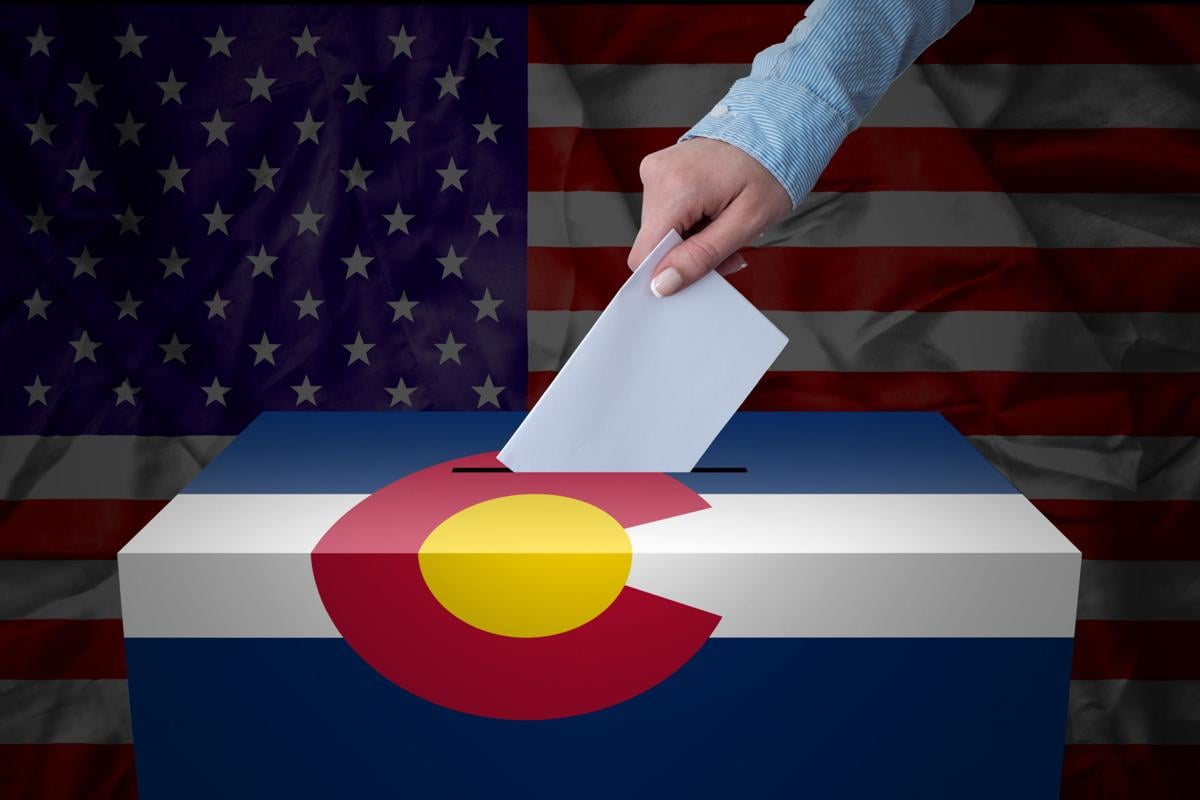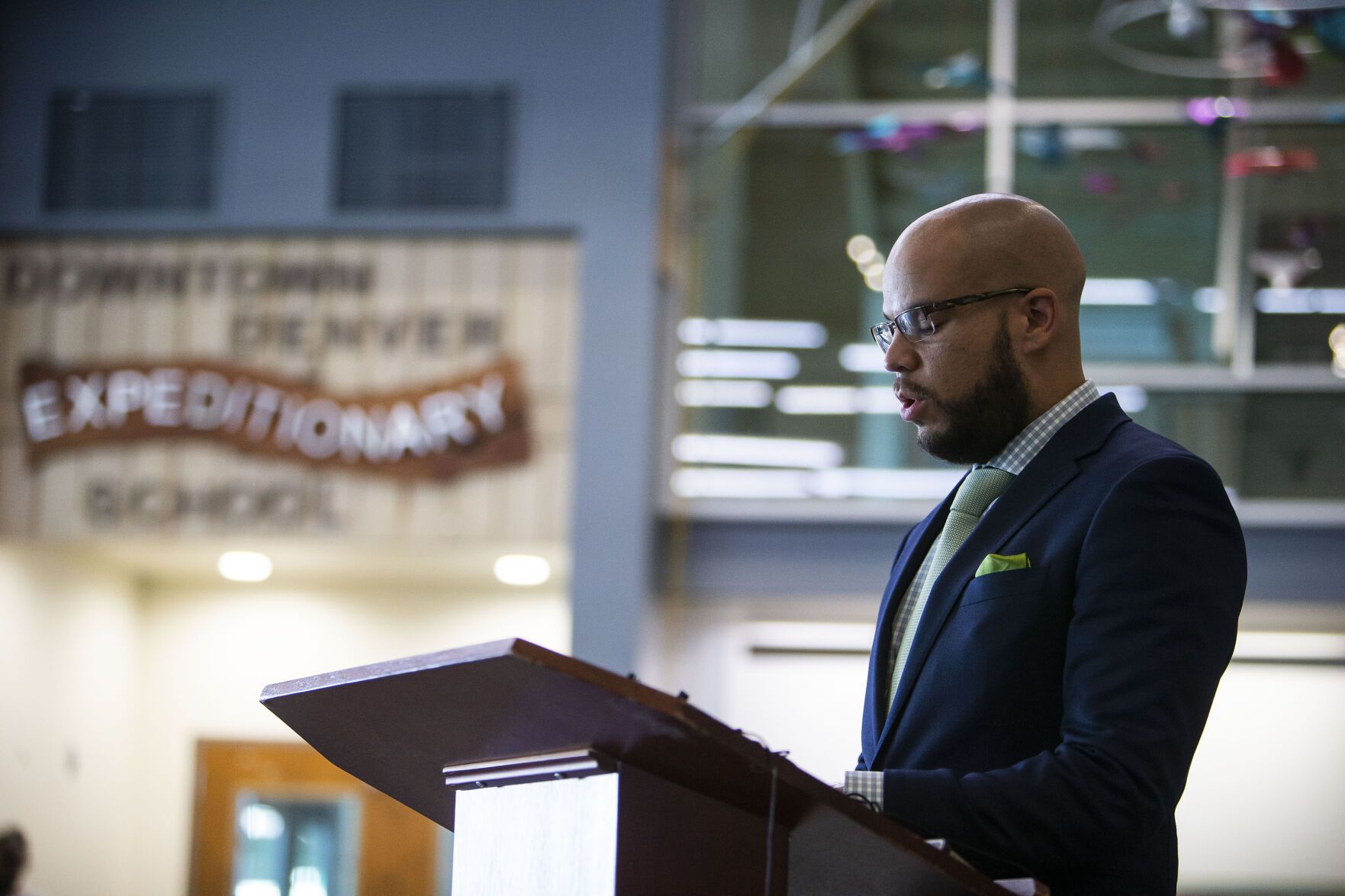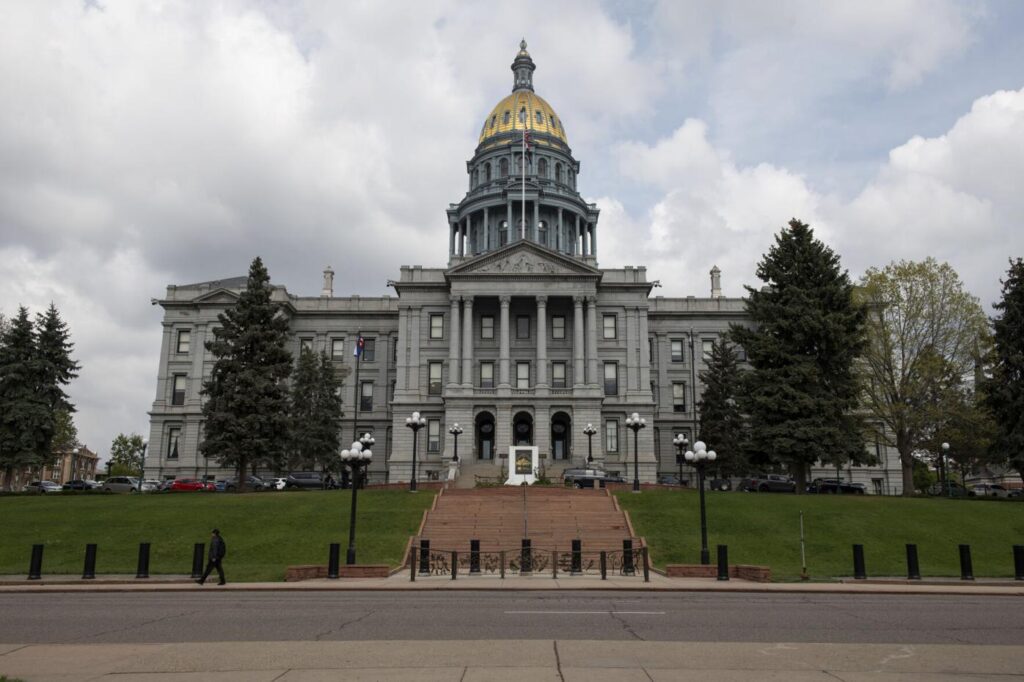Second thoughts from an Electoral College proponent | SONDERMANN
As the Beatles’ lyrics told it, “It was 20 years ago today.” Well, not exactly today, but you get the idea.
The year was 2004. Colorado voters were confronted with Amendment 36, a proposed constitutional amendment that would have changed the allocation of the state’s electoral votes.
Teaming up with a Republican consultant, the talented, witty Katy Atkinson of blessed memory, we led a campaign to defeat this measure. Rather than the usual anodyne name for a political committee, we called ourselves Coloradans Against a Really Stupid Idea.
In that case, the specific proposal was lacking as it sought to award Colorado’s electoral votes in proportion to each candidate’s percentage of the statewide count. With a modest number of electoral votes, Colorado’s split inevitably would produce a net gain of a single elector for the winning side.
It would have amounted to unilateral, self-imposed neutering in the scope of the broader Electoral College. Coloradans wisely saw the initiative as folly and rejected it by a two-to-one margin.
Fast forward to 2020 and voters here were again confronted with such a ballot question. This one took the form of a proposal for Colorado to join something known as the National Popular Vote Compact.
That measure was approved, albeit by a far narrower margin, even as I again used my voice to defend the Electoral College.
However, to be alive, truly alive, is to engage in a continual process of reflection, reappraisal and thinking anew. That internal process combined with the events of recent years have led me to reevaluate my long-held viewpoint and to doubt the Electoral College’s eternal efficacy.
As an institution, the Electoral College is predicated on the good faith counting and certification of votes at the state level. With an asterisk for Maine and Nebraska which grant two electoral votes to the statewide winner and then parcel out further electoral votes by congressional district, the premise of the system is that whichever presidential candidate receives a plurality of votes in a state receives all that state’s electors.
Simple enough. Though, again, the entire process depends on straightforward, fair play. In broader terms, our very being as a united country hinges on the acceptance of election results and the peaceful transfer of power.
The aftermath of the 2020 election changed much of that. The courts made quick work of the hollow Trump legal challenges. With that door closed to turning around the electoral count, he and his partisans became ever more desperate.
Schemes were hatched in at least three states in which Republican-controlled legislative bodies would send “fake electors” to cast electoral votes. A supposedly serious legal scholar even advanced the theory that the vice president had unilateral authority to reject the electors from any state, even if those electors had been properly certified.
Under such a clearly unconstitutional approach, it is not hard to imagine that a sitting vice president could virtually assure that his party remained perpetually in power.
Thank God for the January 2021 honor of Mike Pence or America might be a quite different place today.
Since then, proposals have surfaced in some states to give the legislature power to designate electors instead of deferring to the statewide vote tally. It has fast become accepted doctrine in some circles that electors are wholly divorced from the vote count.
The good-faith certification of votes and the awarding of electors to the statewide winner has now given way to treachery and subterfuge. That was the underpinning of January 6th. The nefarious plotting did not end there.
As our politics have grown ever more bitter and tribal, and as every election is regarded as existential, passions are ramped up on both sides and one can conceive of some zealous Democrats with a savior complex resorting to similarly convoluted chicanery when the shoe is on the other foot.
Therein lies the principal impetus for rethinking my long-held support of the Electoral College. Though beyond that, it strikes me as ever more at odds with the core concept of one person, one vote.
By every indication, this fall’s contest will be decided by the voters in a mere seven states. Residents of the other 43 states are so much afterthought. In thinking about it, why should a voter in Illinois or Arkansas, or Colorado for that matter, have less of a say than their counterpart in Wisconsin or Georgia or Arizona?
The Electoral College, though those words do not appear in the Constitution, is the creation of a political compromise in founding days between those who thought the president should be selected by a vote of Congress members and those who preferred a popular vote of qualified citizens. Of course, that category of “qualified citizens” then included a much narrower swath of the population.
Our Constitutional system those founders put in place is a unique and evolving mix of democratic and anti-democratic mechanisms. The House of Representatives belongs to the former category; the Senate to the latter. And so on. Further, America was never designed as a true democracy, but as a republic.
As an institutionalist, my strong instinct for years has been to shield this process and this compromise. Yet, the question now actively kicks around my head as to whether the choice of the nation’s chief executive, the one office for which every eligible citizen can cast a ballot, should more appropriately occupy a place on the democratic side of that balance.
The Electoral College is unlikely to disappear anytime soon. A Constitutional amendment to dismantle it is rendered effectively moot by all those states which benefit from the status quo.
The National Popular Vote Compact is a work-around and presents its own problems. What if it was in effect and Donald Trump won the national popular vote while Kamala Harris carried blue Colorado? Color me doubtful that all those, mainly Democrats, who campaigned here for Colorado to join this Compact would gladly, quietly sit by while the state’s electors went to the loser of the statewide vote.
Nonetheless, this longtime sentinel of the Electoral College has second thoughts. Those who have demonstrated the willingness to use it as but one more venue for gamesmanship and overturning the will of a state’s voters have lost any claim to the moral high ground or the sanctity of the institution.
Eric Sondermann is a Colorado-based independent political commentator. He writes regularly for ColoradoPolitics and the Gazette newspapers. Reach him at EWS@EricSondermann.com; follow him at @EricSondermann











